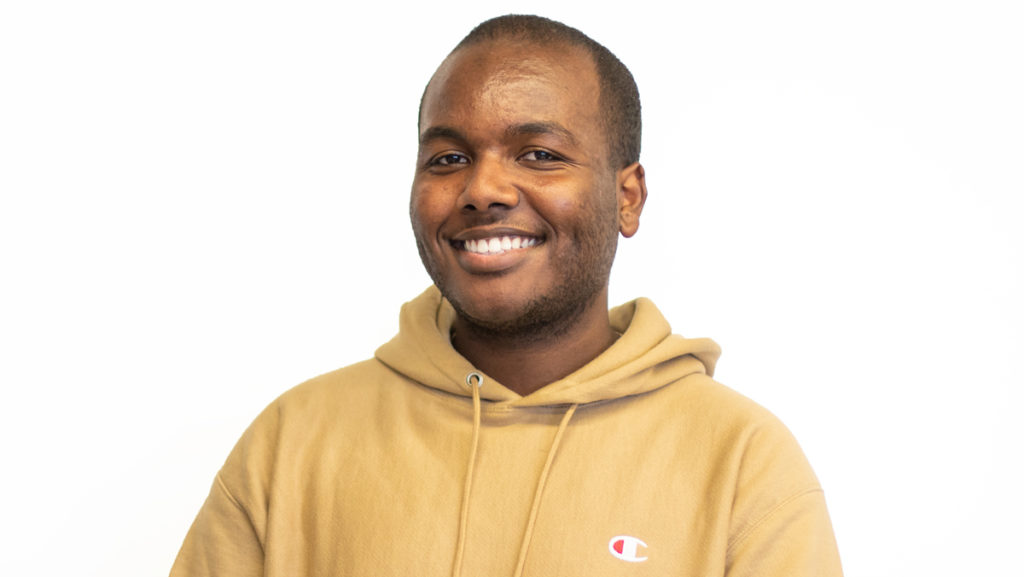As I read The Ithacan article titled “Faculty express concern with Collado administration,” I went through a roller coaster of emotions. I went from being angry to disappointed and to ultimately feeling defeated because the article signifies that a lot of Ithaca College faculty do not understand the plight of students of color. What especially left me disheartened was the lack of responsibility taken by faculty.
As a student in the Roy H. Park School of Communications, I face prejudice, microaggressions and racism every day. This may seem like an overexaggeration, but it is the reality for many students of color, as there have been countless instances of racism and prejudice. Although the Park School has established Diversity Advocates of Park and has held some diversity training, they appear to be ineffective. Examples include professors teaching racist ideologies and being protected by their tenure statuses and an alum speaking to students and allegedly telling them that the worst part of his job is being around crackheads. Students have voiced their concerns about racist professors and were threatened instead of heard. The culture of racism within the Park School is systemic, and that same racism and prejudice is a problem across the college’s campus.
One part of the article that really struck me was when Janice Levy, professor in the Department of Media Arts, Sciences and Studies, was paraphrased saying that she and other faculty felt belittled by the tone and manner La Jerne Cornish, provost and senior vice president for academic affairs, used when she addressed faculty during meetings about microaggressions in the classroom. Not only did this signify to me that some faculty are missing the point, but it shows the privilege that many white faculty have. They have the privilege to walk away from that meeting and talk about how they feel that they were demeaned, whereas students of color have to live with this feeling of disregard for our experiences every day. In the end, prejudice becomes an obstacle to our right to an education. Not only do we have to deal with the challenges of college, but we have to learn how to combat racism at the same time. By accusing Cornish of belittling faculty, the discussion became focused on faculty and how they felt rather than on students’ experiences. I was not in the room during the meeting, so I cannot speak to Cornish’s tone, but I can speak to her passion. The bottom line is that she cares about students of color in a way that I have seen from only a fraction of the white faculty at the college.
The other part of the article that stood out to me was the questioning of President Shirley M. Collado’s 2001 no-contest plea to a sex abuse charge, which was brought up in relation to how it impacts the college’s ability to fundraise. Not only do I highly doubt it impacts fundraising, but as someone who worked at Phonathon, asking alumni and parents for donations, I can say that one of the top questions I got was if the college has gotten better at dealing with race–related issues. My response to this was sadly always no. I even talked to an alum who was traumatized by their experiences relating to their race.
The college as a whole must truly address the issues of prejudice and racism. That means not just holding meetings and forums but also implementing structures that allow for change to occur. Conversations without action are useless. It is tiring as a student to hear that the college is taking action but nothing seems to be changing. Now more than ever students of color need faculty who are allies, especially white allies, because they can advocate for students of color in ways that faculty of color cannot. If faculty and staff truly care about students of color and the future of the college, now is the time to show it — before history repeats itself and Ithaca College ends up in disarray.








